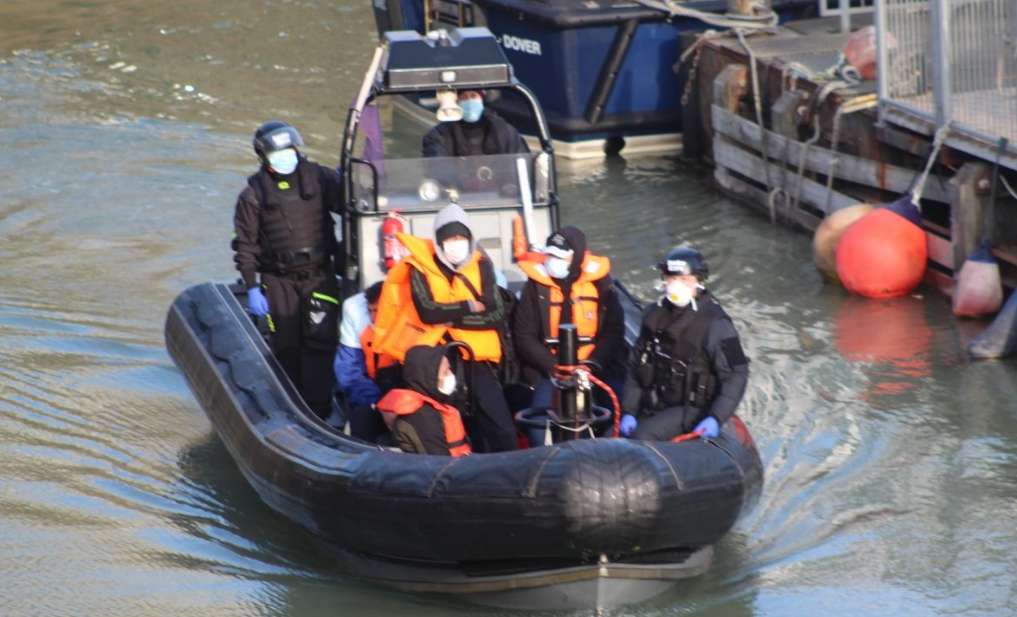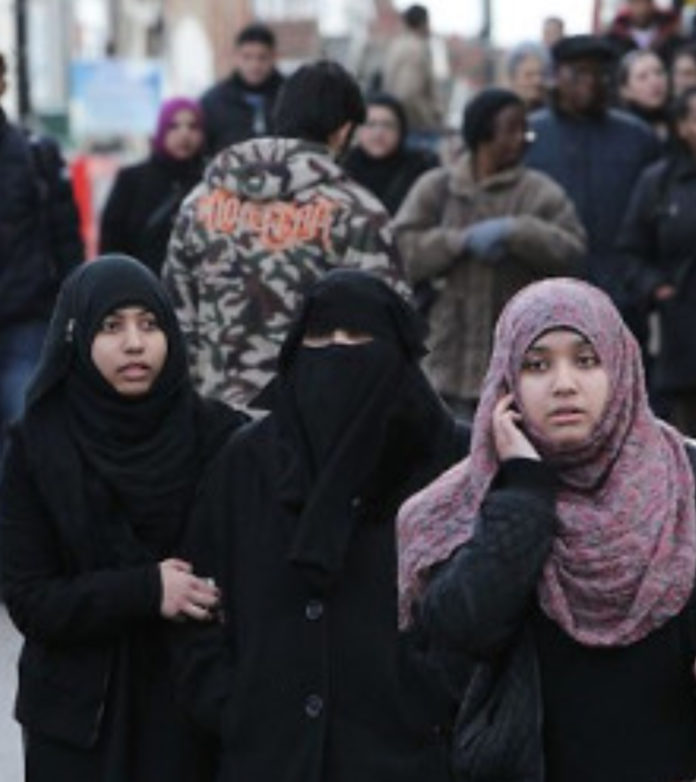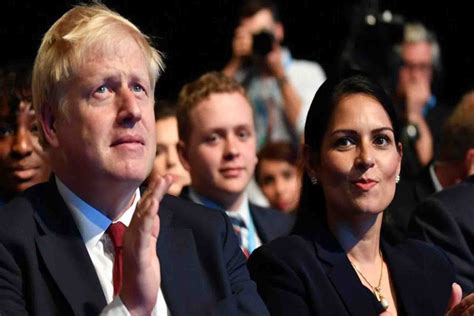From Patriotic Alternative.
By Peter Scott
The left have admitted some time ago how they wanted to change the demographic makeup of the UK, permanently. Their goal, originally accelerated under the Blair administration back in 1997, is now coming to fruition.
Some of the media attention is now on the dinghies escorted into UK waters by the Royal Navy, Border Force and even our very own, benign Royal National Lifeboat Institution (RNLI), and this has been extensively covered by citizen journalist Steve Laws. Links to Steve’s work can be found here, and his Twitter is here and here.



The mainstream topic is now farcically discussing the “root causes” of mass migration – the truth of the matter can be found in an obscure draft government paper dating back to 2001.
Secret Agenda
Britain’s immigration debate was ramped up in late 2009, when a low-level, former government advisor wrote an article for London’s Evening Standard. It was titled London Needs Immigrants.
According to Rod Renny at Journal Posts:
“Therein, Andrew Neather discussed the then-Labour government’s strategy to flood the UK with migrants based on flawed and false job market claims. Neather wrote of Prime Minister Tony Blair’s ‘Performance and Innovation Unit’ (PIU – a tax payer subsidized, government think tank):
“The PIU’s reports were legendarily tedious within Whitehall but their big immigration report was surrounded by an unusual air of both anticipation and secrecy.
“Drafts were handed out in summer 2000 only with extreme reluctance: there was a paranoia about it reaching the media.
”Eventually published in January 2001, the innocuously labelled “RDS Occasional Paper no. 67”, “Migration: an economic and social analysis” focused heavily on the labour market case.
”But the earlier drafts I saw also included a driving political purpose: that mass immigration was the way that the Government was going to make the UK truly multicultural.”
Irreversibly so.
Carnage
Renny continues:
“Neather was hardly a whistleblower on the matter, either. He claimed to have been uncomfortable with the government’s plan, but he defended the revelation against those who, at the time and to this day, laid blame for the carnage caused by mass migration at the feet of his bosses.
“In one short op-ed, he had revealed a political conspiracy to change the demographics of the United Kingdom in such a way that would be described as a “far right conspiracy theory” for years, despite being admitted as true.”
Even now, it is still decried as a conspiracy theory not only by the left, but even by the “moderate right”.
“The political motivation was abundantly clear to the public, and perhaps helped pave the way for the eventual 2016 Brexit vote.”
It has certainly moved the Overton window to a place completely unthinkable a few decades ago; that nationalism (aka populism) is a perfectly acceptable contender as a political force in the 21stCentury.
Renny continues:
“Neather admitted, in 2009: “I remember coming away from some discussions with the clear sense that the policy was intended – even if this wasn’t its main purpose – to rub the Right’s nose in diversity and render their arguments out of date. That seemed to me to be a manoeuvre too far.”
He went on:
Ministers were very nervous about the whole thing… there was a reluctance elsewhere in government to discuss what increased immigration would mean, above all for Labour’s core white working-class vote.
This shone through even in the published report: the “social outcomes” it talks about are solely those for immigrants.
And this first-term immigration policy got no mention among the platitudes on the subject in Labour’s 1997 manifesto, headed Faster, Firmer, Fairer.”
It was certainly faster, in fact faster than any other administration before or since – but Boris and Priti Patel are making a strong challenge.
The results were dramatic. In 1995, 55,000 foreigners were granted the right to settle in the UK. By 2005, that had risen to 179,000. Last year, with immigration falling (thanks to the recession not any government protocol), it was 148,000.
That was written in 2009. Ten years later the number was 2.7 million, with a further 2.2 million being handed “pre-settled status.”
Given that Neather, twenty years ago in his original document, believed that just three percent of 2019’s 4.9 million settled or pre-settled total was “dramatic,” it bodes ill of how such policies currently being enacted by the Boris and Priti Patel regime in the United Kingdom will spiral.











